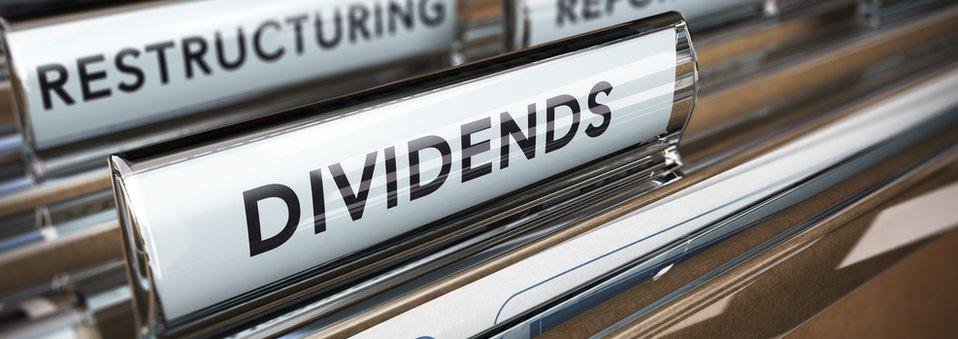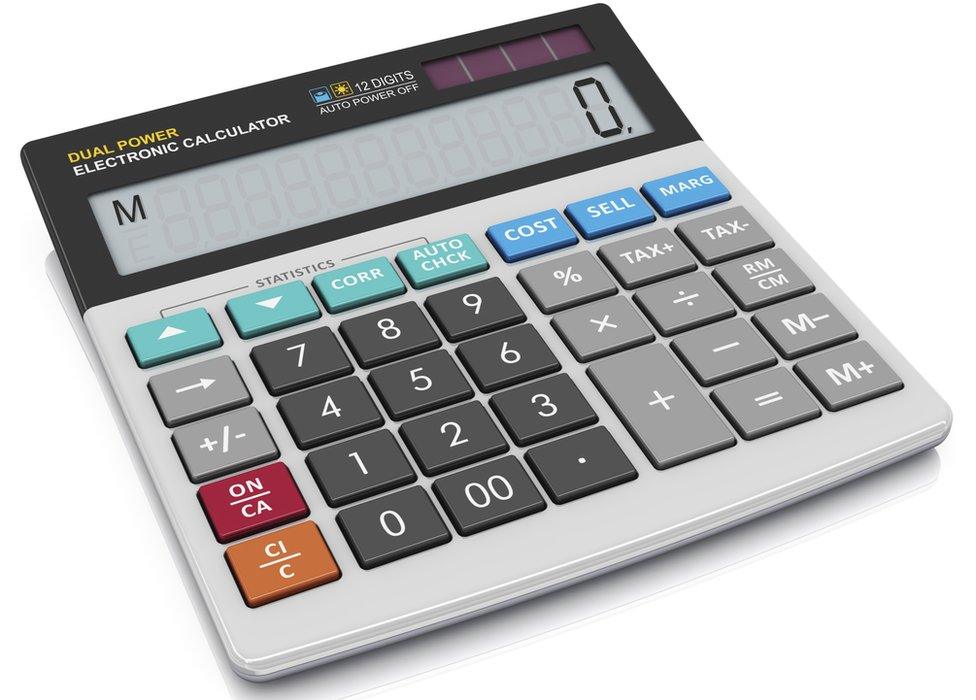New savings allowance to boost income for millions from April
- Published

From 6 April, millions of savers in the UK will see a radical change to the way their nest-eggs are taxed.
Anyone who earns interest on a savings or current account will no longer have 20% tax automatically deducted by their bank or building society.
They will instead be subject to a new Personal Savings Allowance (PSA), allowing them to earn up to £1000 a year tax-free.
As a result of the changes, external - announced in last year's Budget - the government says that 95% of us will no longer have to pay any tax on savings.
In total, individuals will benefit by more than £1bn - the cost to the Treasury in 2016/17.
Investors who rely on income from share dividends also face a new tax regime; some will gain, while others will lose heftily.

Which accounts will qualify for the PSA?
All bank and building society accounts; unit trusts; open ended investment companies; investment trusts; credit unions; government and corporate bonds; peer-to-peer lending.
Essentially all savings accounts and funds which do not make direct dividend payments.


Top rate taxpayers will get no savings allowance at all
How much will the allowance be?
Basic rate taxpayers (20%) will be allowed an annual income of £1,000 in interest before they pay any tax. Those on the higher rate (40%) will have an allowance of £500 in interest.
Those on the top rate (45%) will have no allowance at all.
In the meantime those who earn less than £17,000 (including their savings income) will not have to pay any tax at all.
This follows a change, external in April 2015, which meant that anyone earning less than their personal allowance plus £5,000 does not have to pay tax on savings income.
While many people may not have claimed for this - as they would have had to fill out an R85 form - they will now automatically benefit from all savings interest being paid tax-free. (See table below).

What do I need to do to claim my PSA?
As long as you earn less than £1000 in annual interest (£500 for higher rate tax-payers), you don't need to do anything. The bank or investment fund will pay your income without tax deducted.
If you exceed your PSA, you will have to pay either 20% or 40% tax on the difference. But you don't necessarily have to complete a self-assessment tax return. This is because HM Revenue and Customs (HMRC) will be told by the bank that you have gone over your allowance. It will then adjust your tax code for the following year, to make sure you pay the tax owed. But it could take some time for that information to go through.
Or you can call HMRC beforehand, and warn them you will be over your PSA limit.

Will this kill off Individual Savings Accounts (Isas)?
Interest from savings in cash Isas is already paid tax free, so they won't be affected by the PSA.
But from April 6, Isas will cease to have the advantage they did previously. This is because interest on all accounts will be paid tax-free - and many current accounts pay higher levels of interest than cash Isas. This is already hitting their popularity.
However experts say it is still worth considering cash Isas, in case your income increases, in which case you may exceed your PSA.


What is happening to dividend taxation?
Investors who own shares will also be subject to a tax change on 6 April.
Under the old system, all taxpayers were subject to a 10% notional tax credit on dividend payments. As a result basic rate taxpayers had no more money to pay. Higher and additional rate taxpayers paid an effective tax rate of 25% or 30.56% respectively.
Under the new system, all dividends below £5,000 a year will be free of tax. Above that level, basic rate taxpayers will pay 7.5%, and those in the higher rate will pay 32.5%. (See table below)

Who will be the winners and losers?
Those who receive less than £5000 a year in dividend income will therefore pay less in tax than they did - or continue paying no tax at all.
Those who receive dividends worth more than £5,000 will now pay more. The government says 95% of taxpayers, and 75% of dividend recipients, will either gain or be unaffected.
Around 1m people will pay less tax. But an extra 200,000 will now pay tax who didn't before.
Bear in mind the change will raise £2.73bn for the Treasury in 2016/17, so the losers will be losing a lot more cash than the winners will be gaining.

Dividend Tax calculator

See how much tax you will pay on your dividends via the Hargreaves Lansdown calculator. , external

Will dividends now be paid gross?
Yes they will be. But since the 10% tax credit was purely notional, the actual dividend paid will still be the same. Even if you hold shares within an Isa or Self-invested Personal Pension (SIPP), investors will not see a benefit.

What do I do if my dividend income exceeds £5,000?
Unlike banks in relation to the PSA, companies that pay dividends will not inform HMRC if you go over the limit. Hence, if you have dividend income of between £5,000 and £10,000 a year, you will need to inform HMRC - or be in self-assessment. If your dividends exceed £10,000, you are required to be in self-assessment anyway.

Can I transfer my PSA to cover dividend income?
No. The two taxation regimes are completely separate. Similarly, the £5000 dividend allowance cannot be used to cover savings account interest.